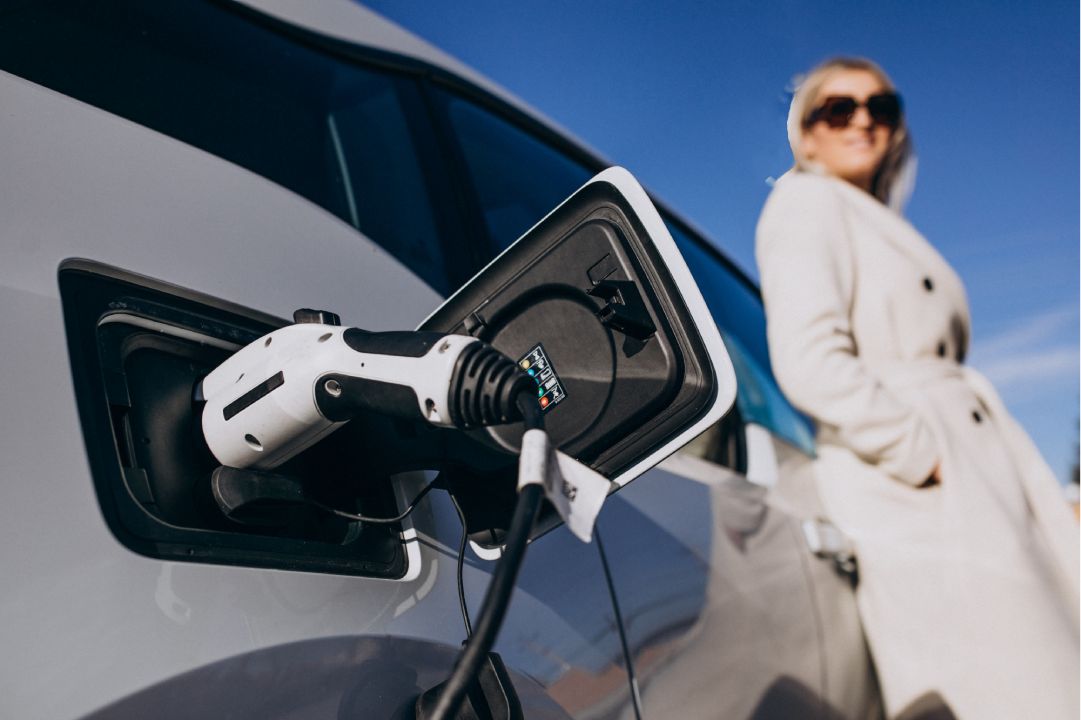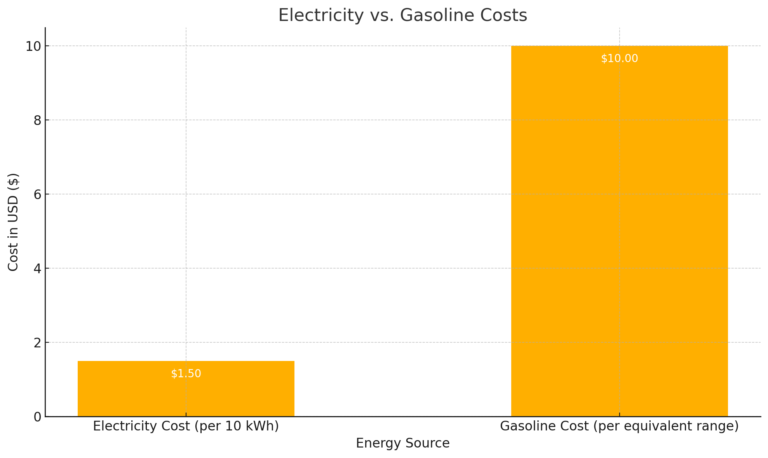Do Hybrid Cars Need Charging? Essential Guide for Drivers
Hybrid cars have revolutionized the automotive industry by combining the best electric and traditional gasoline engines. However, one question often confuses potential buyers: Do hybrid cars need charging? This guide will clarify the charging requirements of hybrid vehicles and provide actionable tips for hybrid car owners.
1. Introduction: Understanding Hybrid Cars
Hybrid cars come in various types, each designed to optimize fuel efficiency and reduce emissions. The three main categories include:
HEVs (Hybrid Electric Vehicles): These vehicles primarily rely on their gasoline engine, supplemented by an electric motor powered through regenerative braking.
PHEVs (Plug-in Hybrid Electric Vehicles): These can be charged externally to extend their electric-only range.
Mild Hybrids: Use a small electric motor to assist the gasoline engine but cannot operate solely on electric power.
Misconceptions about hybrid cars often arise from their varying charging needs, depending on the type.

2. Do Hybrid Cars Need Charging?
The answer depends on the type of hybrid:
HEVs do not require external charging. Their batteries are charged automatically through regenerative braking and the internal combustion engine.
PHEVs require external charging to utilize their electric-only driving mode. They operate as standard hybrids without charging but lose the benefits of extended electric range.
Understanding the difference is crucial to maintaining your vehicle’s efficiency.
3. Benefits of Charging a PHEV
Charging your PHEV comes with numerous advantages:
Extended Electric-Only Range: Drive longer distances without consuming gasoline.
Lower Fuel Costs: Electricity is often cheaper than fuel, reducing overall operating costs.
Reduced Emissions: Driving on electric power minimizes environmental impact.
Enhanced Performance: Enjoy a quieter, smoother ride with electric propulsion.
4. How to Charge a PHEV
Check Out Recommended Chargers for Your Hybrid
Explore a variety of chargers tailored to your hybrid car’s needs, ensuring compatibility and optimal performance.
Charging Options:
Home Charging: Convenient and cost-effective, using a standard outlet or a Level 2 home charger.
Public Charging Stations: Found at malls, offices, and public parking areas for quick top-ups.
Workplace Charging: Some employers provide charging stations for employees.
Equipment Needed:
A compatible charging cable (often provided with the car).
Optional: A dedicated Level 2 charger for faster home charging.
Charging Times:
Level 1 (120V): Slow but sufficient for overnight charging.
Level 2 (240V): Faster, charging a typical PHEV in 3-5 hours.
5. Cost of Charging a PHEV
Charging a PHEV is generally cheaper than fueling a gasoline car. Factors include:
Local electricity rates.
Time-of-use pricing (charging at off-peak hours saves money).
Charging station fees (if using public chargers).
For example, charging a PHEV with a 10 kWh battery at $0.15/kWh costs only $1.50—a fraction of what you’d spend on gas.

6. Tips for Optimizing Hybrid Car Charging
Charge Regularly: Plug in whenever possible to maximize electric driving.
Schedule Charging: Use timers to charge during off-peak hours for cost savings.
Maintain the Battery: Avoid letting the battery drain completely to prolong its lifespan.
Combine Strategies: Use regenerative braking and charging to optimize efficiency.
7. When Charging Isn’t Necessary
For HEVs and mild hybrids, external charging is unnecessary. These vehicles are designed to:
Recharge through regenerative braking.
Operate seamlessly with their gasoline engines.
PHEVs can also function without charging but lose the electric-only range advantage.
8. Frequently Asked Questions
Q: What happens if I don’t charge my PHEV?
A: It will operate like a standard hybrid, using the gasoline engine and regenerative braking to recharge the battery.
Q: Can I use a regular outlet to charge?
A: Yes, Level 1 charging via a standard outlet is sufficient for overnight charging, but Level 2 is faster.
Q: How long does a hybrid battery last?
A: Most hybrid batteries last 8-10 years or more, depending on usage and maintenance.
9. Making the Most of Your Hybrid
Hybrid cars offer a versatile solution for drivers seeking efficiency and environmental benefits. By understanding your hybrid’s charging needs and following best practices, you can enjoy lower costs, reduced emissions, and enhanced performance. Whether you own an HEV or a PHEV, proper knowledge maximizes your vehicle’s potential.
Explore our top-rated chargers tailored to your hybrid car and find the perfect match for your needs.
Ready to optimize your hybrid driving experience? Explore our detailed guides on hybrid and EV charging. Check out top-rated chargers and accessories tailored to your needs. Join our community for more tips and updates on sustainable driving.
Last Updated on December 30, 2024 by tayniu
